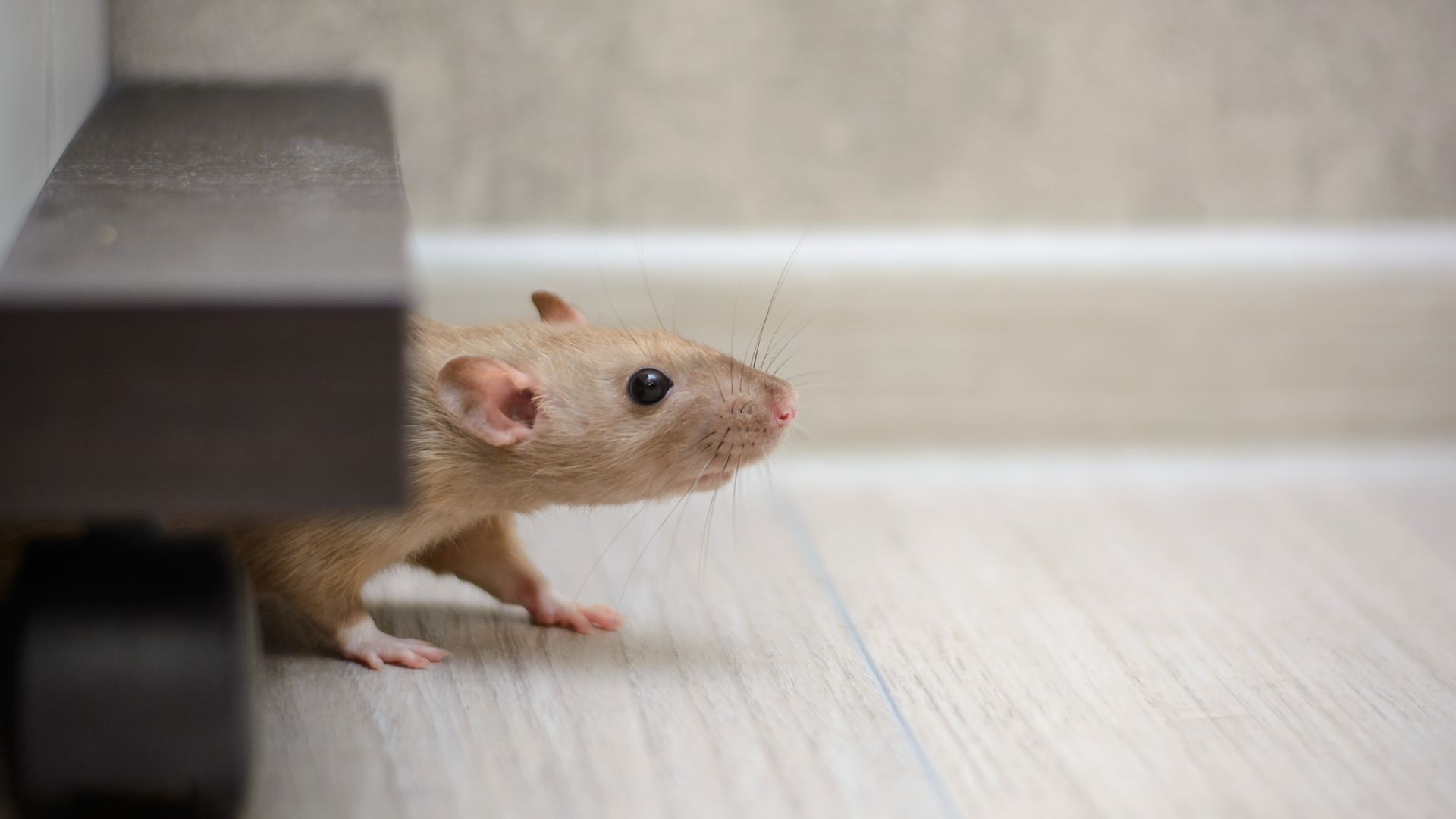What Do Hornets Eat?
November 3, 2023 - Hornets
Author - Tom Miche
Hornets, like other members of the wasp family, are primarily carnivorous insect pests. Their diet primarily consists of other insects and arthropods, which they capture to feed to their developing larvae. Hornets are skilled hunters and are known to prey on a wide variety of insects, such as flies, bees, caterpillars, and even other wasps. They are particularly efficient at capturing bees, as they can decimate entire beehives when hunting for food.
In addition to their carnivorous diet, hornets also require sugary substances for energy. Adult hornets often forage for nectar and sweet liquids, such as fruit juices or tree sap, which provide them with the necessary carbohydrates. They are attracted to fruits, especially overripe or damaged ones, and may be found near sugary food sources.
Hornets play a vital role in their ecosystems by helping control insect populations, including some pests. However, their aggressive nature and ability to damage beehives make them a concern for beekeepers and sometimes a nuisance in human-inhabited areas.
What Insects Do Hornets Eat?
Hornets are opportunistic predators and will consume a wide range of insects and arthropods. Some of the insects that hornets may prey on include:
Wasps: Hornets are part of the wasp family and may prey on other wasp species as well.
Flies: They will catch various fly species, including houseflies, fruit flies, and other smaller dipterans.
Caterpillars: Hornets are skilled hunters of caterpillars and can help control caterpillar populations.
Grasshoppers and crickets: Grasshoppers and crickets are often targeted by hornets for their protein content.
Moths and butterflies: Hornets will capture adult moths and butterflies, as well as their larvae if they can find them.
Spiders: While not technically insects, hornets also consume spiders, as they are arthropods.
Other small insects: Hornets may hunt a variety of smaller insects, depending on what is available in their habitat.
Their diet primarily consists of protein-rich insects, which they hunt to provide food for their developing larvae. Hornets are efficient and skilled predators, using their strong mandibles to capture and immobilize their prey. This predatory behavior helps regulate insect populations in their ecosystems, but it can also make hornets a concern for beekeepers and others who want to protect beneficial insects.
Do Hornets Eat Bees?
Yes, hornets are known to prey on bees. They are skilled and efficient hunters, and they often target various species of bees as a food source. Hornets, particularly the Asian giant hornet (Vespa mandarinia), have a reputation for being bee predators. They have adapted strategies to capture bees, such as the ability to fly at high speeds and their strong mandibles that enable them to decapitate bees.
Hornets like the Asian giant hornet can be a significant threat to honeybee colonies. They will raid beehives, killing adult worker bees and carrying off bee larvae and pupae to feed their own larvae. These raids can result in substantial losses for the bee colonies, making hornets a concern for beekeepers and the pollination of crops that depend on bees.
Hornets Eat Fruit Too
Hornets are not primarily fruit-eating insects, but they are known to feed on fruits occasionally. They are more carnivorous in nature and mainly rely on other insects and sugary substances for their diet. However, when they do consume fruits, they are typically attracted to ripe or overripe fruits that have a high sugar content. Some of the fruits that hornets may occasionally feed on include:
Ripe or overripe fruits: Fruits like apples, pears, grapes, and peaches that have fallen to the ground or become damaged can attract hornets due to their sugary content.
Tree sap: Hornets may also visit trees to feed on sap, as it provides them with carbohydrates.
Fruit juices: In areas with fruit orchards or vineyards, hornets might be drawn to fruit juices or nectars that are exposed.
While hornets do consume fruits and sweet substances, it is not a significant part of their diet. Their primary source of nutrition comes from hunting other insects and arthropods to feed their larvae. The occasional consumption of fruits and sugary liquids serves as an energy source for adult hornets.
Do Hornets Eat Wood?
Hornets do not eat wood. Unlike some insects, such as termites or wood-boring beetles, hornets do not have the ability to digest or consume wood. Their primary diet consists of other insects, as I mentioned earlier, and they are carnivorous in nature.
Hornets may build their nests in various locations, including trees, but they do not feed on the wood itself. Instead, they use chewed-up wood fibers mixed with their saliva to construct their paper-like nests. The cellulose from the wood helps create the nest's structure, but it is not a source of nutrition for the hornets. Hornets rely on their predatory behavior to obtain the protein they need by capturing other insects and arthropods to feed to their developing larvae and sugary substances for their energy needs.

